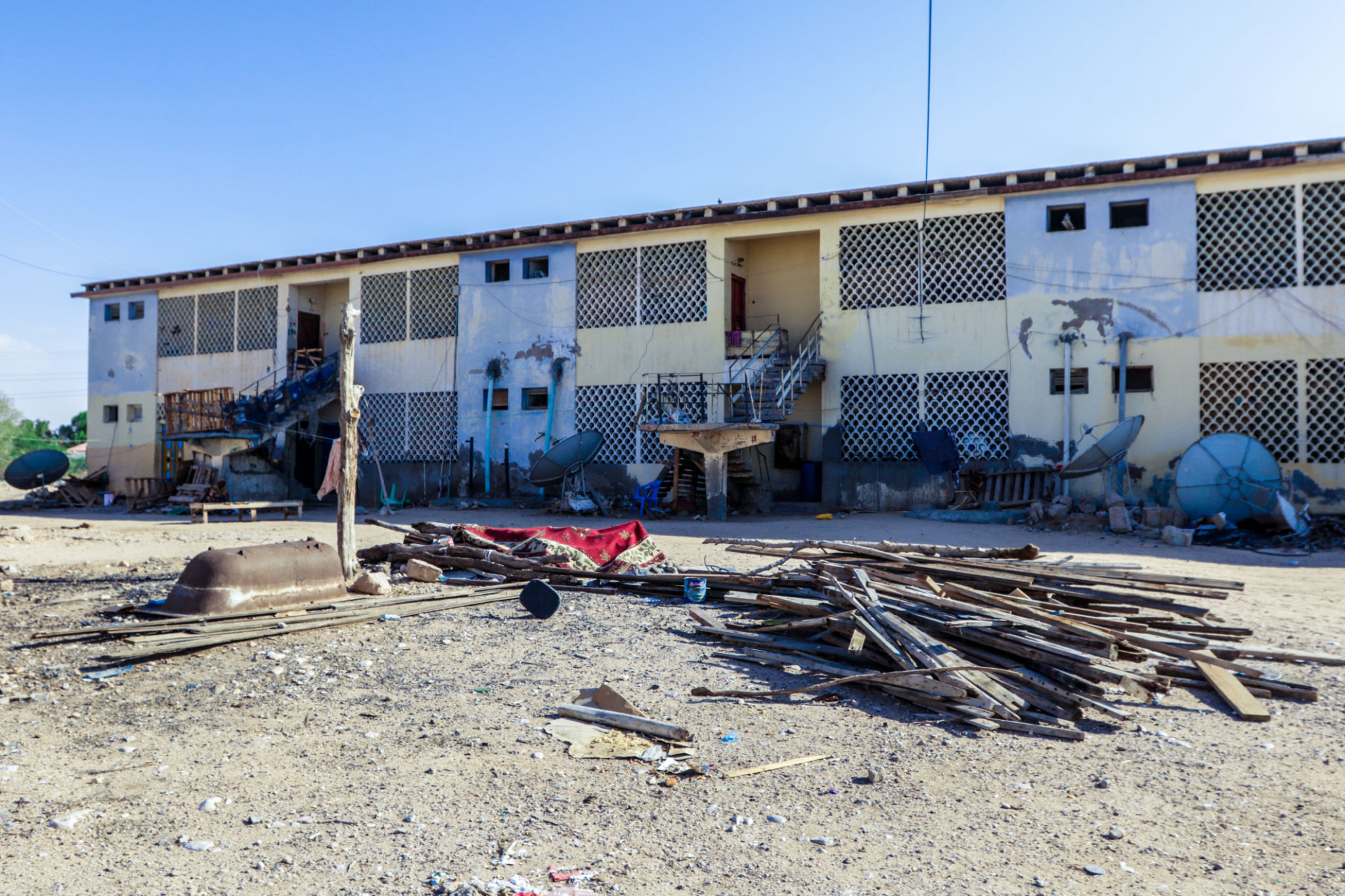Seasonal Strategies for Effective Capacity Building in Aden
Introduction to Capacity Building in Aden
Capacity building is a crucial aspect of sustainable development, especially in regions like Aden, where the socio-economic landscape is constantly evolving. Seasonal strategies can significantly enhance the effectiveness of capacity-building efforts by aligning initiatives with the unique opportunities and challenges presented by different times of the year. This approach not only optimizes resource allocation but also ensures that capacity-building interventions are timely and contextually relevant.

The Importance of Seasonality in Strategic Planning
Understanding the seasonal dynamics of Aden is essential for developing effective capacity-building strategies. The city experiences distinct seasons that influence economic activities, community engagement, and resource availability. By tailoring capacity-building programs to align with these seasonal variations, organizations can maximize their impact and foster sustainable growth.
For instance, during the cooler months, outdoor activities and community gatherings are more feasible, providing an excellent opportunity for workshops and training sessions. Conversely, the hotter months might necessitate indoor programs or online training to ensure participation and comfort.
Leveraging Seasonal Opportunities
Each season presents unique opportunities for capacity building in Aden. Organizations can leverage these opportunities to enhance their initiatives:
- Winter: Ideal for outdoor workshops and community projects.
- Spring: Focus on agricultural training and environmental conservation efforts.
- Summer: Prioritize indoor programs and digital literacy courses.
- Autumn: Emphasize strategic planning and evaluation of past initiatives.

Challenges in Seasonal Capacity Building
While seasonality offers numerous benefits, it also presents challenges that must be addressed. For example, logistical issues may arise due to adverse weather conditions during certain seasons. Additionally, there may be fluctuations in participant availability as community priorities shift throughout the year.
To mitigate these challenges, organizations should conduct thorough assessments of seasonal patterns and develop contingency plans that ensure continuity and adaptability in their capacity-building efforts.
Strategies for Effective Implementation
The successful implementation of seasonal capacity-building strategies requires careful planning and collaboration with local stakeholders. Here are some strategies to consider:
- Community Engagement: Foster strong relationships with local communities to understand their needs and preferences.
- Flexible Program Design: Develop adaptable programs that can be easily modified to suit seasonal changes.
- Resource Optimization: Allocate resources efficiently by anticipating seasonal demand and availability.

Conclusion: The Path Forward
The integration of seasonal strategies into capacity-building efforts in Aden offers a promising path towards sustainable development. By recognizing and harnessing the unique attributes of each season, organizations can enhance their impact and contribute to the long-term resilience of the community.
In conclusion, as global challenges continue to evolve, adaptive strategies that incorporate seasonality will play a critical role in ensuring that capacity-building initiatives remain effective and relevant. By embracing this approach, Aden can pave the way for a more prosperous and sustainable future.
